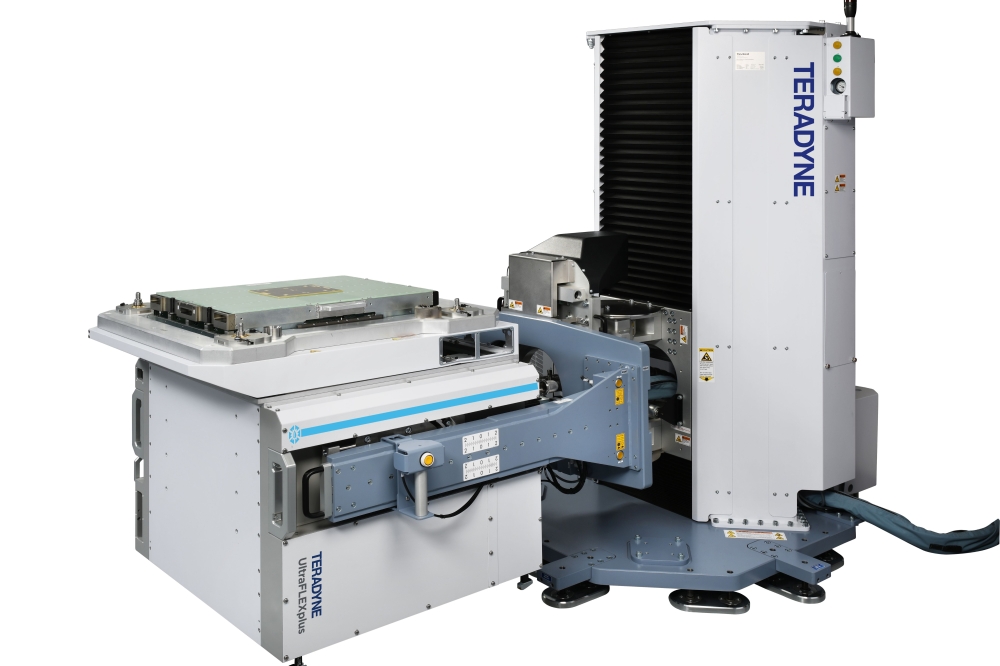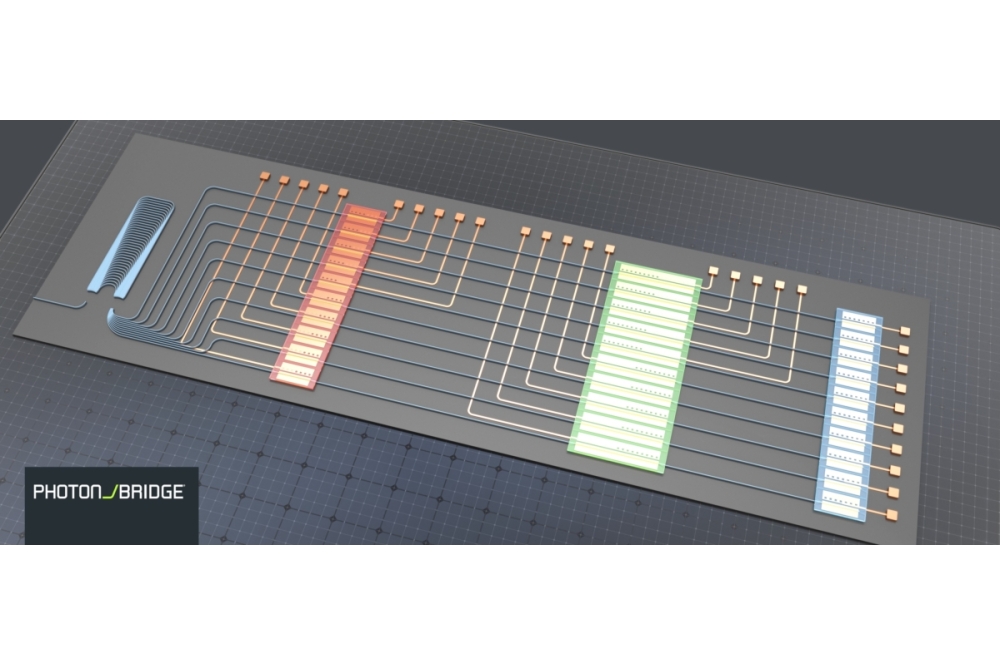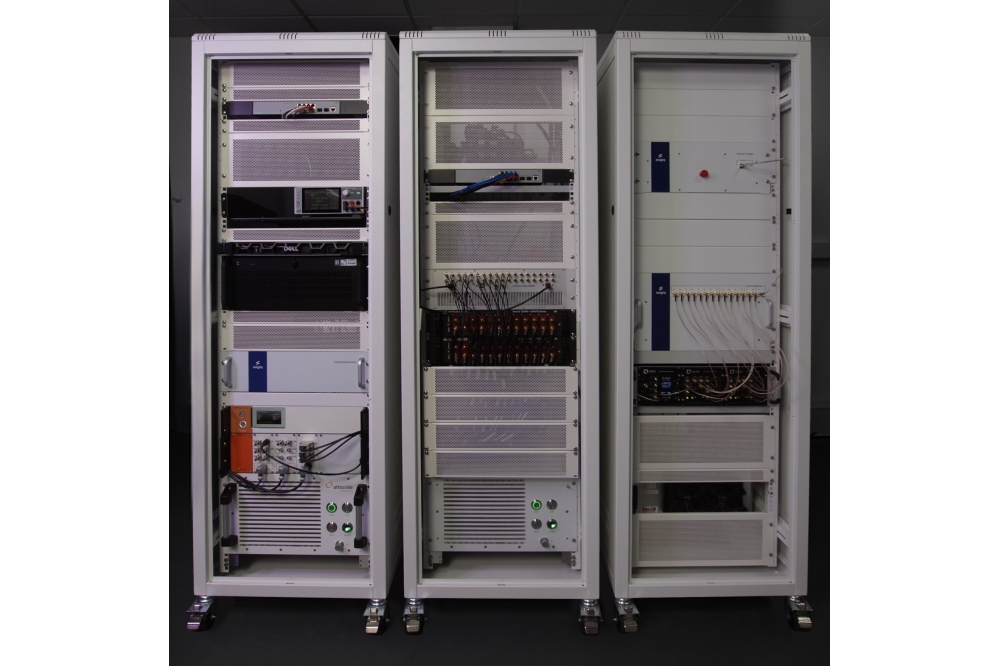Photonics innovation tackles cancer’s cortisol complications

A collaboration between Surfix, the Netherlands Cancer Institute (NKI), and Wageningen University is using integrated photonics to detect life-threatening hormone complications caused by cancer immunotherapy. Supported by the PhotonDelta ecosystem, Surfix has developed a photonics-based point-of-care testing platform that enables early detection of hypocortisolism, also known as Addison’s Disease, helping patients manage the side effects of immunotherapy more effectively.
Neoadjuvant immunotherapy has improved survival rates for cancers such as melanoma, lung, and breast cancer, but can damage the adrenal gland and disrupt cortisol production. Traditionally, detection relies on hospital-based blood tests that are often too slow to prevent permanent damage. According to Dr Christian Blank of NKI, daily home monitoring just one or two weeks earlier could significantly improve patient outcomes.
To address this need, Surfix created a compact diagnostic system built around a six-sensor integrated photonic biochip coated with a proprietary nanolayer to enhance sensitivity and reduce interference. The chip is integrated into a microfluidic cartridge that measures cortisol and interleukin-6 levels in saliva, delivering quantitative results within 15 minutes.
“Our technology stood out for its sensitivity, precision, and ability to multiplex easily,” said Luc Scheres, CTO at Surfix. “It’s fast, low cost, and ideal for continuous patient monitoring.”
Initial blind studies have shown Surfix’s platform to be as sensitive as current laboratory tests, marking a major step toward accessible home diagnostics. Beyond oncology, the team plans to adapt the platform to detect biomarkers for neurological and infectious diseases.
By combining photonics innovation with clinical expertise, Surfix and its partners are demonstrating how integrated photonic technology can move beyond data and telecom applications to improve global healthcare outcomes.
































